India is well known for its vast genetic diversity of bananas and plantains comprising seeded wild species to seedless cultivars of various ploidy levels. This is in support of the fact that the origin of Musa is South and South-East Asia including Indo-Burma region. From the centre of origin it has spread to almost in all tropical countries 40 North and South of the equatorial line. Remarkable diversity of bananas and plantains within India and other parts of the globe has caused a lot of confusion among the taxonomists and growers due to many synonyms. For instance the famous commercial cultivar ‘Poovan’ has more than 27 synonyms in India alone. Banana being a natural hybrid of two putative parents Musa acuminata and M. balbisiana, the taxonomy of banana has become more difficult. From the time Linnaeaus described Musa spp. in the 16 century to till date there is no satisfactory classification of Musa. As on now, the Musa researchers are following the genome classification of Simmonds and Shephard (1955). This system has also its own weaknesses. Realising the need to overcome confusion existing due names and synonyms in banana, we have tried fine tuning the classification and description of Musa spp. and developed new key for classification of bananas and plantains. While studying the banana accessions of NRCB genebank of Indian origin, some exotic accessions, from INIBAP have also been described and classified. Hope this effort would be of immense use to the researchers especially the breeders and students.
Advances in Horticulture Biotechnology, Volume 7: Diagnostics for Horticulture Crops
Horticultural crops are ...
$124.20
$138.00

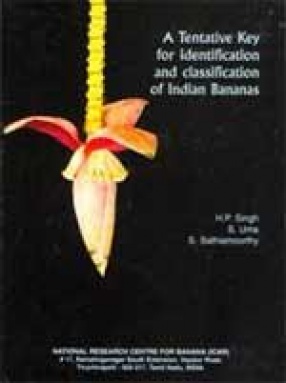
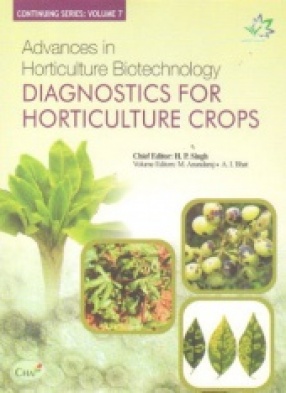
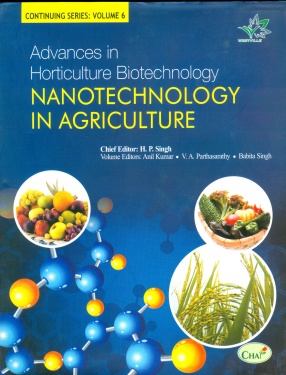
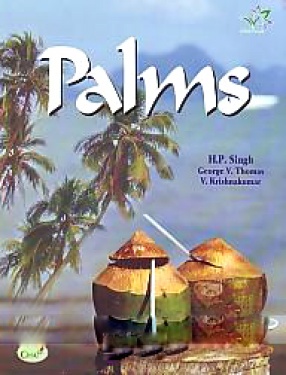

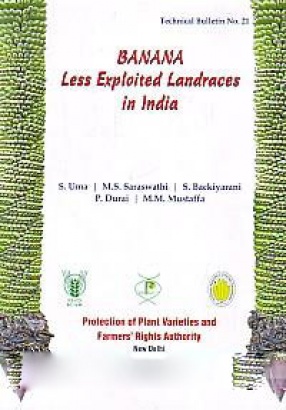



There are no reviews yet.